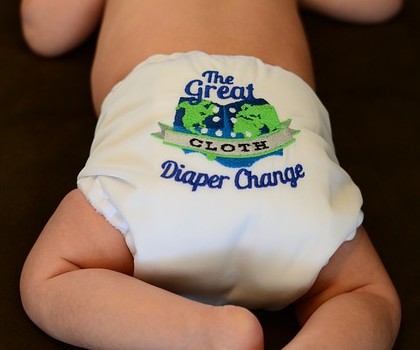The Age of Circumcision in Children
The debate over the average age for circumcision is growing. A study showed that the average age of circumcision is four and a quarter years old. There are many factors to consider. According to the American Academy of Pediatrics, the first step in determining the appropriate circumcision for a child is to understand how it’s performed. This can be done by asking parents to discuss their child’s situation.
Depending on the age of the child, the decision may be made to cut the boy’s head at the very young age. The first step in the process of circumcision is to determine the desired outcome. In high-income countries, the goal is to perform the procedure when a child is born because it carries the lowest risk and maximum medical benefit. However, in Muslim countries, the recommended age of circumcision is four years. Even in these countries, complications rates are much lower than 1%. Mild bleeding and infection are the most common complications after circumcision.

The second step is to determine the ideal age for circumcision. There is no definitive age for circumcision, but studies have shown that most people prefer to have their child performed when he is between the ages of three and six. This is a good age to perform the procedure because children are more likely than adults to remember it as a pleasant, fun ritual. But even though it’s a good time for a circumcision, there are some factors that need to be considered. The child’s health is the most important factor. Although circumcision in children is a surgical procedure, the risks associated with it are relatively low.
The rates of postoperative sexual intercourse, for example are minimal if circumcision is done within 42 days. The age at which the child is circumcised will play a significant role in determining whether or not they will experience negative or positive consequences. The most important factor is the age at which the child experiences sexual dysfunction. Be careful when determining the age of circumcision. Infants are swollen at birth, and their penis is buried under adipose tissue. The average circumcision age for children is seven years old and is usually the earliest stage of walking.
In addition to this, a child’s body also starts to walk and run at about a year of life. If a baby is not yet fully developed, the doctor can delay the procedure by several months. Another factor to consider when circumcision is performed is the age. No matter what age a child is circumcised at, the process will only get more complex as he gets older. Increased circumcision age will increase the likelihood of a child becoming sexually active. Some children may not be able to have their child circumcised at an appropriate age. If this is the case, the child’s health should be considered.
It is not clear which factors affect the age at which children should be circumcised. No matter what age, early circumcision has many benefits. There are fewer chances of developing urinary tract infections, faster healing and lower costs. And while the cost of a later circumcision might be higher, it is not the only factor to consider. Some men will be able to circumcise earlier because of medical conditions. Others will need to wait for the procedure because it is medically necessary. This study revealed that the age at the which children are circumcised plays a significant role in determining the correct age.
The procedure will take longer if a child is younger than they are. In addition, the older the child is, the more likely they will be to be circumcised. However, delays of up to two months can lead to problems and higher risks of anesthesia. A delayed circumcision is a sign of a more advanced age at which the circumcision will take place.
A recent survey found that the age at which a child is circumcised is the primary factor in the decision to have the procedure done. The majority of parents agreed that the procedure should be done within the first 60-days after the child is born, according to the survey. This is a significant difference among the respondents. Some fathers believe that the doctor should perform this procedure, while some others disagree. This is an important aspect to consider when making a decision about circumcision.

